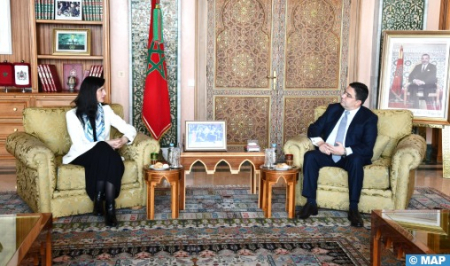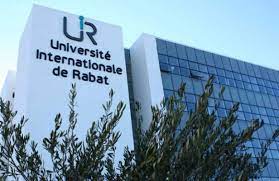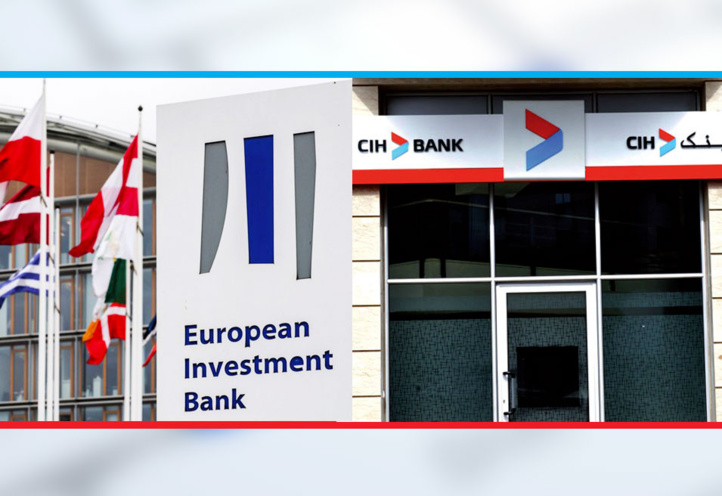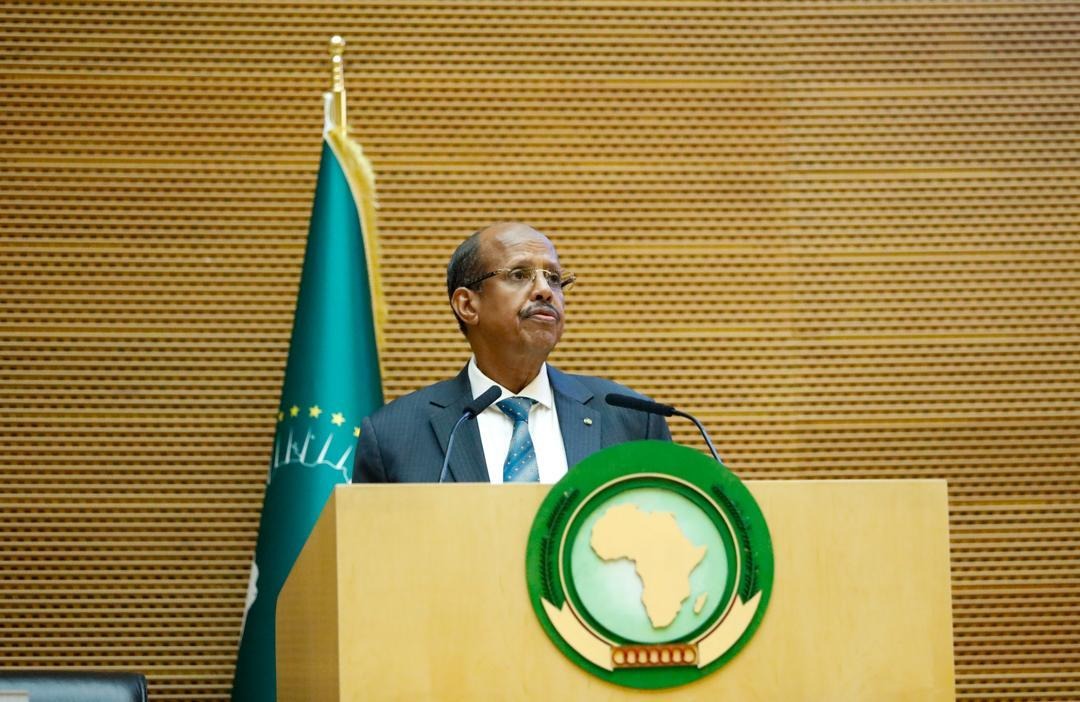Bulgaria hailed, on Wednesday, the Kingdom’s “serious and credible efforts” to settle the Moroccan Sahara issue, considering the Moroccan autonomy initiative to be a “serious and credible basis” for resolving the conflict.
This position was expressed in the Joint Statement adopted in Rabat by Deputy Prime Minister and Minister of Foreign Affairs of Bulgaria, Mariya Gabriel, and her Moroccan peer Nasser Bourita.
In the Joint Statement, Bulgaria reiterated its support for efforts under the auspices of the United Nations to find a just, pragmatic, lasting and mutually acceptable political solution to the Sahara conflict.
Both sides also affirmed their support for the efforts of the UN Secretary-General’s Personal Envoy, Staffan de Mistura, to bring the parties to the negotiating table and move the political process forward, and reaffirmed their support for MINURSO.
In the joint Statement, Bulgaria also commends the far-reaching reforms undertaken by Morocco under the leadership of King Mohammed VI and the renewed efforts for political, economic, and social development.
The Bulgarian Minister also welcomed Morocco’s New Development Model and commended the Kingdom’s constructive efforts to strengthen stability, growth, and development in Africa.
The two parties stressed their positive and constructive role in maintaining stability, security and peace in their respective regions, and their commitment to the universal fundamental principles of the United Nations Charter, and the need for peaceful conflict resolution with full respect for the territorial integrity and sovereignty of States.
They likewise emphasized the importance of deepening the historical relations between the two countries, expressed their intention to strengthen political dialogue, and reaffirmed their common will to further enhance partnership in all areas of mutual interest, particularly in economic and trade cooperation, especially in the fields of renewable energies, green transition, high technologies, the automotive sector, agriculture, and value chain development.
The ministers also highlighted the importance of promoting cooperation in the fields of education, science, and culture, particularly through partnerships and exchanges, including exploring possibilities for participation in research and development projects.
They also underscored the need to develop cooperation, partnership, and dialogue between the EU and its southern neighborhood and the Euro-African zone, in a bid to provide common responses to the challenges these regions face, particularly in terms of security, stability, migration, and socio-economic and human development.
In this regard, both ministers reaffirmed their intention to contribute to strengthening the strategic partnership between the European Union and the Kingdom of Morocco.



